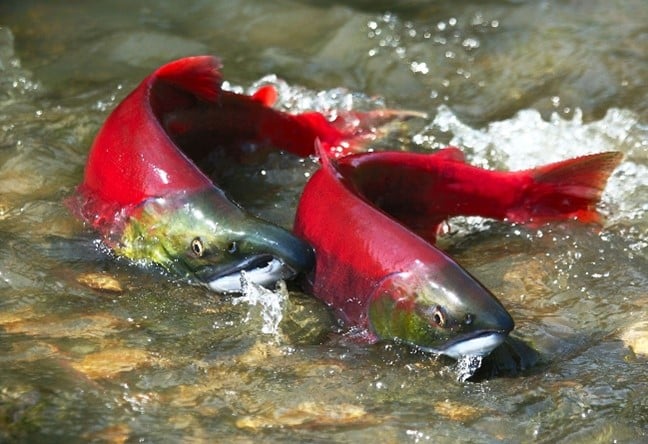On January 31, 2023, we received welcome news, as the Environmental Protection Agency (EPA) announced that they were vetoing the development of Pebble Mine in Bristol Bay, Alaska.
The veto marks the 14th time the EPA has issued a veto under Section 404(c) of the Clean Waters Act, this time to restrict mining discharge from contaminating Bristol Bay’s headwaters. The mine has been mired in controversy since it was first proposed over two decades ago. In November 2020, the U.S. Army Corps of Engineers denied issuing federal permits to the company constructing Pebble Mine that would allow the extraction of copper, gold and molybdenum. While that decision had been tied up in the courts since it was made, the EPA veto should effectively put the issue to rest.
The American Sportfishing Association opposed the construction of this mine, and we thank the EPA for listening to local Alaskans, tribes, the outdoor recreation community, bipartisan Congressional leaders, partner organizations and the thousands of anglers that contacted them through our Keep America Fishing portal in opposition to the mine’s construction. ASA opposes any legislation or policy that will facilitate the construction of a mine that would be detrimentally harmful to a U.S. fishery that is economically and culturally important to the sportfishing industry and angling community.
Bristol Bay is home to the world’s largest sockeye salmon fishery. Last summer, there was an estimated 78.3 million salmon, the largest salmon run in Bristol Bay’s history, returned to Bristol Bay after spawning in the Bering Sea, showing how important this region is not just to salmon in Alaska, but across the entire planet. According to estimates, Bristol Bay accounts for about half of the world’s entire sockeye salmon population and the salmon population is responsible for supplying the region with 15,000 jobs. It is estimated that the fishery is worth $1.5 billion annually for both the recreational and commercial fishing industries, further showcasing how valuable these salmon are for the nation’s economy.
The construction of this mine would produce billions of tons of toxic waste, threatening the headwaters that feed Bristol Bay and destroying vital salmon habitat. In total, the project would have risked 2,800 acres of wetlands, 130 miles of stream and over 130 acres of open waters. ASA strives to ensure that anglers have plenty of fish to catch and plenty of lands and waters to fish on. Destroying these lands and waters would in turn destroy the salmon that live there, hurting not just anglers, but the thousands of jobs and billions in economic output that the fishery creates.
The EPA vetoing Pebble Mine’s construction means cleaner water, healthier habitats and in turn, stronger salmon populations. While ASA does not oppose mining writ large, and understands the need for sustainable mineral development, we believe that mining proposals must consider the economic importance of nearby fisheries and seek to mitigate negative environmental impacts on fish habitat. In some cases, such as Pebble Mine, there is no way to sufficiently mitigate the negative impacts on fisheries; therefore, the proposed mine should not be allowed.
Thanks once again to the EPA for this veto and here’s to ensuring a thriving sockeye salmon population for years to come!
Share This Article, Choose Your Platform:
Recent Posts



